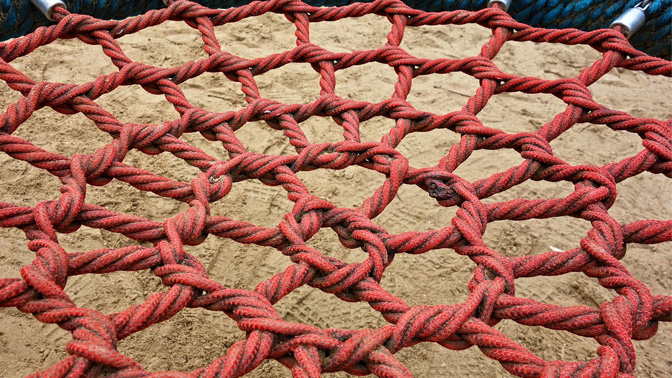
The human body is made of trillions of cells, but not just cells. The extracellular matrix (ECM) is the material that surrounds and supports our cells, and it has an important role to play in the outcomes of different types of cancer and the success of different therapies.
Though not a part of a cancer cell itself, the ECM can be an important factor in how aggressively a cancer can spread. To help better understand how the ECM contributes to cancer, a research team led by Dr. Dan De Carvalho examined how genes involved in the ECM are changed in cancer.
The researchers used data from The Cancer Genome Atlas, a resource from the US National Institutes of Health that contains information on genetic changes in tumours from over 11,000 patients.
Using a ‘big data’ approach, the team examined thousands of patient samples in the Atlas to identify ECM genes associated with worse treatment outcomes. The analysis enabled creation of a gene signature—a set of conditions that can be used to predict outcomes for immunotherapy. Immunotherapies are emerging as a powerful anticancer strategy—they work by helping a patient’s immune system to target and kill cancer. The signature out-performed other molecular markers in predicting whether immunotherapy would work.
While there are many complex reasons ways the various genes in the signature could influence the ECM and treatment resistance, many of the findings pointed to the TGF-β signalling molecule—which is secreted by many cell types can regulate the ECM—as a key player.
Further research into ECM regulation in cancer may uncover new therapeutic approaches. "The ultimate goal is to find a biomarker that can help the clinician decide if a patient should receive immunotherapy or not. For those who will not respond, the answer could be the patient would first receive a drug to target the ECM, and then be able to respond to immunotherapy," Dr. Carvalho concludes.
This work was supported by The Princess Margaret Cancer Foundation, the Cancer Research Society, the Canadian Cancer Society, the Natural Sciences and Engineering Research Council, the Ontario Institute for Cancer Research, J.P. Bickell Foundation, the University of Calgary and the Canadian Institutes of Health Research. D. De Carvalho holds a Tier 2 Canada Research Chair in Cancer Epigenetics and Epigenetic Therapy.
Chakravarthy A, Khan L, Bensler NP, Bose P, De Carvalho DD. TGF-β-associated extracellular matrix genes link cancer-associated fibroblasts to immune evasion and immunotherapy failure. Nat Comm. 2018 Nov 08.




